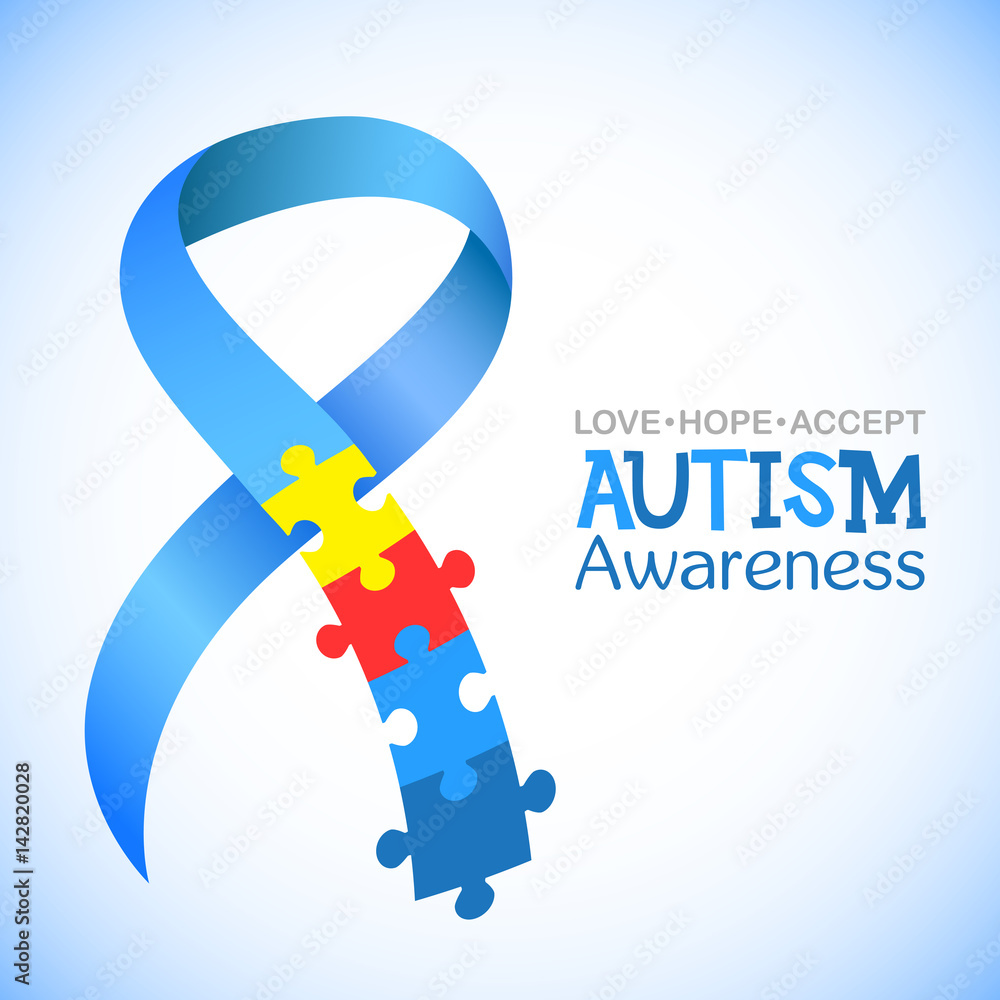RFK Jr. Claims Circumcision Doubles Autism Risk Through Tylenol Use
RFK Jr. Claims Circumcision Doubles Autism Risk Through Tylenol Use

Table of Contents
Health and Human Services Secretary Robert F. Kennedy Jr. made headlines on October 9, 2025, when he claimed during a Cabinet meeting that circumcised boys have twice the risk of developing autism, allegedly due to Tylenol administration following the procedure. This controversial statement has sparked intense debate within the medical community and among parents across the United States.
RFK Jr.'s Controversial Claims
During President Trump's Cabinet meeting, Kennedy stated: "There are two studies that show children who are circumcised early have double the rate of autism. It's highly likely because they're given Tylenol." This assertion builds upon previous warnings from the Trump administration about acetaminophen use during pregnancy and its potential links to autism spectrum disorders.

Kennedy's comments represent a significant escalation in the administration's campaign against Tylenol use, extending concerns beyond pregnancy to post-birth medical procedures. The Health Secretary acknowledged that studies haven't definitively proven causation but argued that correlations are "so suggestive that anybody who takes the stuff during pregnancy is irresponsible."
The Scientific Evidence Behind the Claims
Kennedy likely referenced a 2015 Danish study published in the Journal of the Royal Society of Medicine, which tracked nearly 343,000 boys born between 1994 and 2003. The research found that circumcised males were 46% more likely to develop autism before age 10, with the risk doubling when circumcision occurred before age 5.

However, the Danish researchers hypothesized that pain and trauma from early surgery—not pain medication—increased neurodevelopmental risks. The study faced criticism for not accounting for variables like family history and genetic predisposition to autism.
A smaller 2024 Irish study presented contrasting findings, suggesting that circumcised boys with autism showed improvements in irritability, sensory issues, and repetitive behaviors compared to non-circumcised peers.
Medical Community Response
The medical establishment has largely rejected Kennedy's claims. The American College of Obstetricians and Gynecologists and the Society for Maternal-Fetal Medicine both reaffirmed acetaminophen's safety during pregnancy in September 2025 statements.
Critics argue that Kennedy's interpretation oversimplifies complex research and ignores alternative explanations for any statistical correlations. Some experts suggest that circumcised boys may have higher autism detection rates simply due to increased healthcare interactions rather than the procedure itself.
Tylenol and Pregnancy: What Parents Should Know
:max_bytes(150000):strip_icc()/GettyImages-643782350-2000-bca0b416a1374c56a8171e783bcb4384.jpg)
Acetaminophen remains the primary pain relief option for pregnant women, especially after 20 weeks when ibuprofen becomes contraindicated. The FDA acknowledges ongoing research into potential neurodevelopmental effects but hasn't changed official recommendations.
Tylenol manufacturer Kenvue maintains that studies show "no causal link between acetaminophen use during pregnancy and fetal developmental issues." The company continues monitoring scientific literature while standing behind their product's 70-year safety record.
Understanding the Circumcision-Autism Research
The relationship between circumcision and autism remains scientifically complex. Autism diagnosis rates have increased 400% since 2000, with current estimates showing 1 in 31 American children affected. This rise coincides with improved diagnostic criteria and awareness rather than necessarily indicating increased prevalence.
Several factors complicate circumcision-autism research:
- Cultural and religious variables: Circumcision rates vary significantly across communities with different genetic backgrounds
- Healthcare access patterns: Families choosing circumcision may have different healthcare utilization patterns
- Pain management protocols: Modern circumcision techniques often minimize pain without requiring systemic medication
- Detection bias: Increased medical contact may lead to higher autism diagnosis rates
What Medical Experts Say
Rabbi Nechemia Markovits, a certified mohel with nearly 40 years of experience, told reporters that proper circumcision technique rarely requires Tylenol for newborns. "The procedure is quick and well-tolerated," he explained, noting that topical treatments typically suffice for post-procedural care.

Pediatric specialists emphasize that pain management decisions should be individualized based on procedure complexity, infant age, and family preferences. Modern approaches often incorporate non-pharmacological comfort measures alongside minimal medication when necessary.
Frequently Asked Questions
Is there scientific proof that circumcision causes autism?
No definitive scientific proof exists. While some studies show statistical correlations, researchers have not established causation. Alternative explanations include detection bias and confounding variables.
Should pregnant women avoid Tylenol completely?
Major medical organizations continue recommending acetaminophen as the safest pain relief option during pregnancy. Consult your healthcare provider for personalized advice based on your specific situation.
Are there alternatives to Tylenol for circumcision pain management?
Yes, many healthcare providers use topical anesthetics, comfort positioning, and other non-pharmacological approaches. Discuss options with your child's healthcare provider.
What should parents do with this information?
Make informed decisions in consultation with qualified healthcare providers. Consider multiple perspectives and rely on peer-reviewed research rather than individual claims.
The Bottom Line
While RFK Jr.'s claims have generated significant attention, the scientific consensus does not support a direct causal relationship between circumcision, Tylenol use, and autism. Parents should continue making healthcare decisions based on established medical guidance and consultation with their healthcare providers.
The autism spectrum represents a complex neurodevelopmental condition influenced by multiple genetic and environmental factors. Continued research into all potential contributing elements remains important for advancing understanding and improving outcomes for affected families.
Share This Important Health Information
Help other parents stay informed about this developing story. Share this article with your family and friends to promote evidence-based health discussions.
